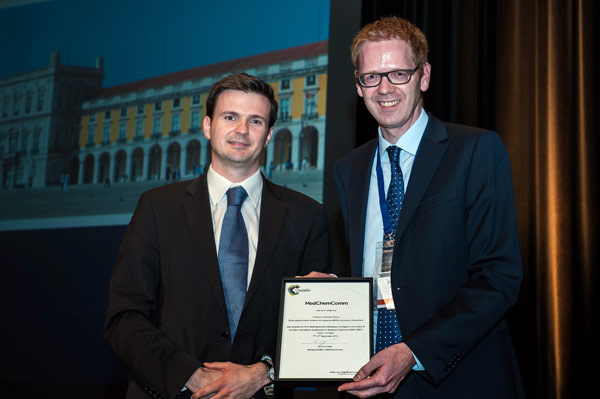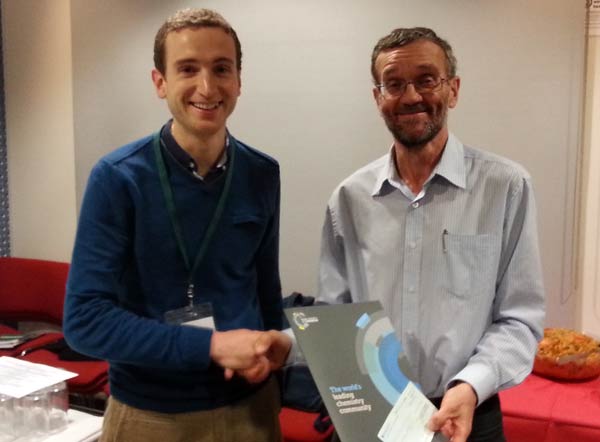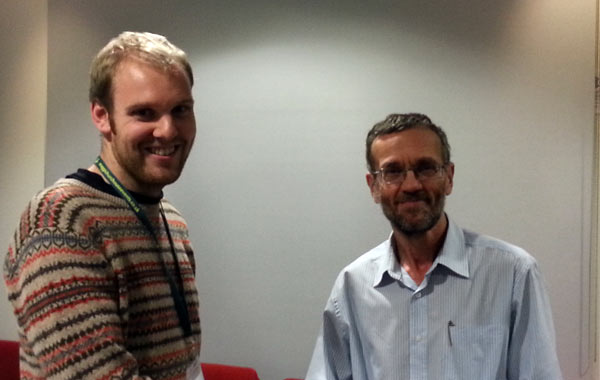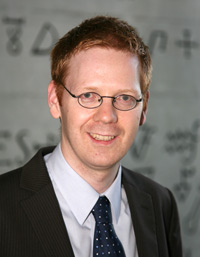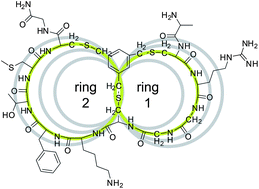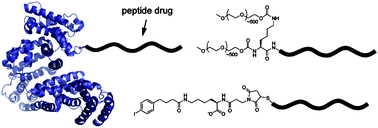We’re about to publish our first new issue of 2016 and with it come some changes to the journal which we hope will enhance MedChemComm for our readers, authors and reviewers.
More detailed scope and significance guidelines
We’ve updated our scope and significance guidelines to provide more detail about the type of research we publish, to help authors decide if MedChemComm is the right journal for their article. Also we now ask authors to provide a very brief statement on submission of their article which describes why their research is a significant advance in their field. This information assists our editors and referees in assessing the article’s suitability for publication in the journal.
Introducing ‘Research Articles’
Primary research articles in MedChemComm, which were previously called ‘Concise Articles’, are now ‘Research Articles’. There’s no change in the length or style of articles; ‘Research Articles’ can accommodate any type of primary research article, including communication and full paper styles. The change in name is purely to better reflect this breadth of style. You’ll start seeing the new article name from issue 2 this year.
Article layout
One of the most important aspects of an article from a reader’s point of view is that it’s easy to find and read, with the key information readily available. Therefore we’ve updated guidelines on writing titles and abstracts, which gives advice on how to make these as impactful as possible. This is something we’ll now ask referees to comment on when assessing a manuscript. Also we’ll be limiting the amount of experimental detail included in the main text to two journal pages. Authors should still provide as much experimental information and data as is required for their research; however anything over the two pages should be included in the supplementary information rather than the main text.
Experimental information and data
It’s important that the research published in MedChemComm has the highest levels of integrity and reproducibility; therefore we’ve updated our guidelines on experimental information and data. These give authors information on how much experimental detail should be included, what data are required and the format in which they should be presented.
Feel free to send us any comments or suggestions about these changes or anything else to do with the journal. Thank you to all our authors, reviewers and readers for your continued support, and I hope you enjoy reading MedChemComm in 2016.











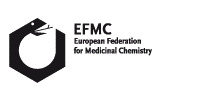
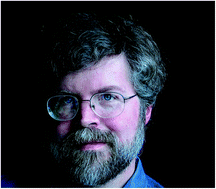 The new year brings a host of new features in MedChemComm. The first of these is that we are now featuring articles by medicinal chemist and blogger Derek Lowe. These articles, which give opinion and insight into both the science and business sides of drug discovery, will be selected from those published in his In the Pipeline column in the Royal Society of Chemistry magazine
The new year brings a host of new features in MedChemComm. The first of these is that we are now featuring articles by medicinal chemist and blogger Derek Lowe. These articles, which give opinion and insight into both the science and business sides of drug discovery, will be selected from those published in his In the Pipeline column in the Royal Society of Chemistry magazine 